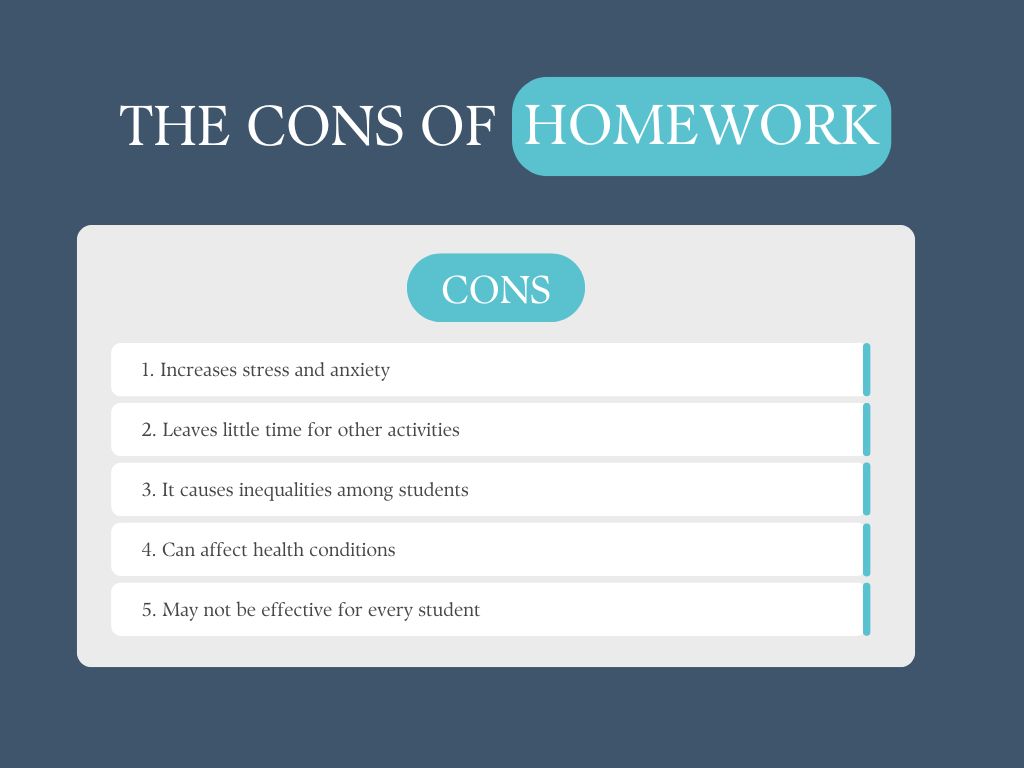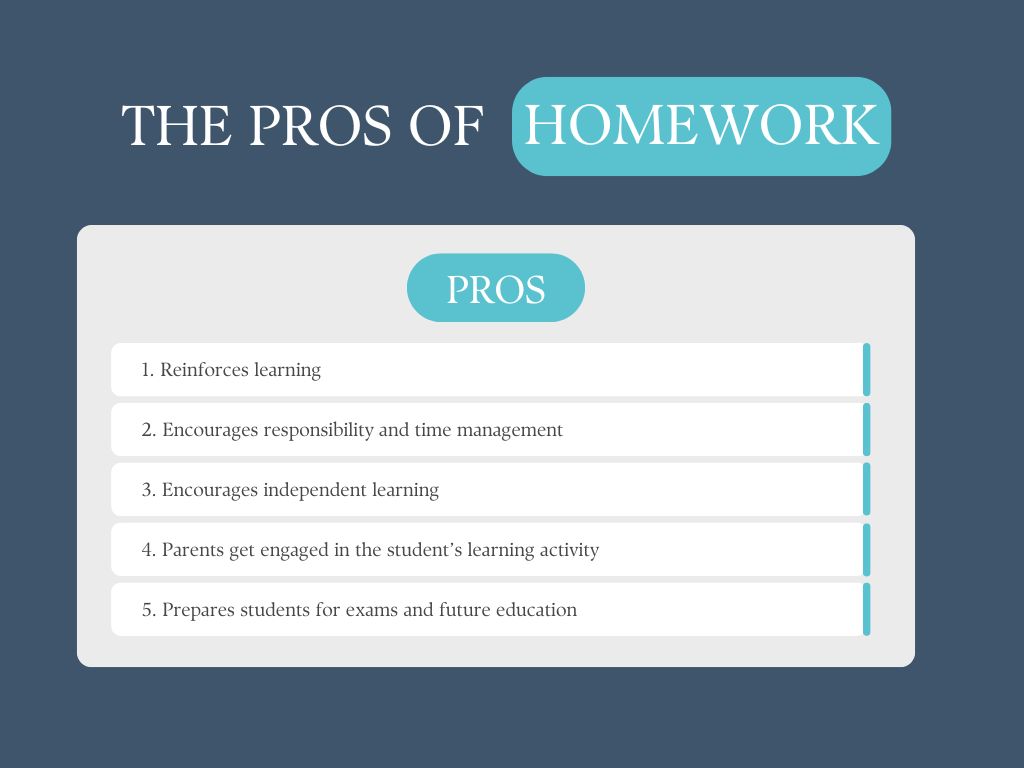Homework has been a part of education for centuries, and whether you’re a student, parent, or teacher, it’s hard to avoid discussing it. Some see it as a necessary evil, while others view it as an essential tool for reinforcing learning. But like anything, homework comes with its own set of benefits and drawbacks.
In this blog post, Dr. Kishore’s Ratnam Schools bring you detailed insights into the pros and cons of homework to better understand why it is such a debated topic.
The Pros of Homework
1. Reinforces learning
The major benefits of homework include reinforcement of concepts that the students learn at school. As a result, doing assignments outside the class setting provides students with an opportunity to apply what they have learned and repeat it so much that the memory is locked in. From solving math problems to writing essays, homework always reminds them of the lessons during school hours.
2. Encourages responsibility and time management
Homework teaches students valuable life skills, such as responsibility, time management, and organization. Students are given deadlines and expected to manage their time to complete assignments. These skills are valuable in the real world, as they prepare young individuals to juggle multiple tasks and meet deadlines in both their academic and professional lives.
3. Encourages independent learning
Homework may not be exactly classroom learning under the guidance of a teacher. Sometimes, when pupils encounter problems while at home but are unable to consult their teacher, they would be compelled to think critically on how to tackle such problems; find solutions using resources such as books, internet, or friends. This type of independence inspires self-confidence in students and aids them in formulating solutions on their own.
4. Parents get engaged in the student’s learning activity
Homework represents an excellent opportunity for parents to get involved in their child’s education. Parents can track their child’s progress, assist the child with challenging concepts, or just offer support. Parental interaction with their children over homework helps them pinpoint where their child is having problems and informs the teachers on how to help the child. This interdependent effort makes the effort from both school and home stronger and greater for the total learning experience.
5. Prepares students for exams and future education
In many cases, homework is designed to prepare students for larger exams or future academic pursuits. Regular practice helps students become comfortable with the subject matter and ensures they’re not overwhelmed when exam time comes. For high school students preparing for college, consistent homework habits can make the transition to more rigorous academic challenges smoother.

The Cons of Homework
1. Increases stress and anxiety
The most common complaint students have about homework is that it causes stress and anxiety. The pressure to complete assignments on time, coupled with the fear of falling behind or failing, can be overwhelming. This can negatively impact students’ mental health, leading to burnout or a lack of motivation to study. Too much homework, especially for younger children, can even result in sleepless nights, leading to exhaustion and mood swings.
2. Leaves little time for other activities
Homework may occupy a large part of a student’s day, and little time may be left for extracurricular activities, family time, or just rest. A student with a full schedule may not be able to maintain a balance between academics and personal interests. The lack of free time can hinder the development of hobbies or social connections, which are crucial for personal growth and well-being.
3. It causes inequalities among students
Since some students may not enjoy the same kind of resources at home, homework can become an inequality. Therefore, at one place there may be quiet rooms and internet facilities, whereas at other places parents might not provide similar support, the inequalities cause equal struggle among students thereby becoming a hurdle for success.
4. Can affect health conditions
Spending too much time on homework might have physical results. Long sessions of sitting over assignments may trigger poor posture, eye strain, and headaches. In addition, students who delay sleep to accomplish homework may wake up with bad sleep, a condition that adversely affects their focus and health status. Sometimes the pressure to do homework can hurt students’ body conditions.
5. May not Be effective for every student
While homework has often been deemed the best means for learning, every student does not learn alike. Some will realize that hands-on activities and even interactive discussions would be much more effective learning strategies than just going home and completing homework assignments. For them, homework might appear to be just a mundane chore that seems not to serve the purpose of real learning. Instead, their brains might benefit better from alternative strategies.
Homework Creates Balance in Moderation
Homework no doubt has positive effects, yet it is indispensable to find a balance between learning at home and relaxing, as well as not to put too much pressure on students at school. For this purpose, assignments should not harass students but aid them as the reinforcement tool instead. Teachers, parents, and students can play their role altogether to make homework effective and manageable as well.
For instance, schools may make homework less plentiful but more impactful and focused than numerous small ones. This helps students have much more time in exploring topics they are interested in, participating in extracurricular activities, or just simply taking a rest to recharge themselves.
Conclusion
The debate over homework will never be concluded because it also has pros and cons. There are arguments which state that homework helps in strengthening learning, encourages responsibility, and prepares the minds of students to face academic future challenges. However, homework can also cause stress, reduce free time, and create inequalities between students. In the end, moderation is what makes homework most effective.
At Dr. Kishore’s Ratnam Schools, we believe that the only way homework can be useful for the child without hampering his or her well-being is to find a perfect balance between work and playtime. We are a pre-primary, primary, and high school institution with campuses in Nellore, Tirupati, Kavali, and Srikalahasti, dedicated to the development of every child both academically and personally.



